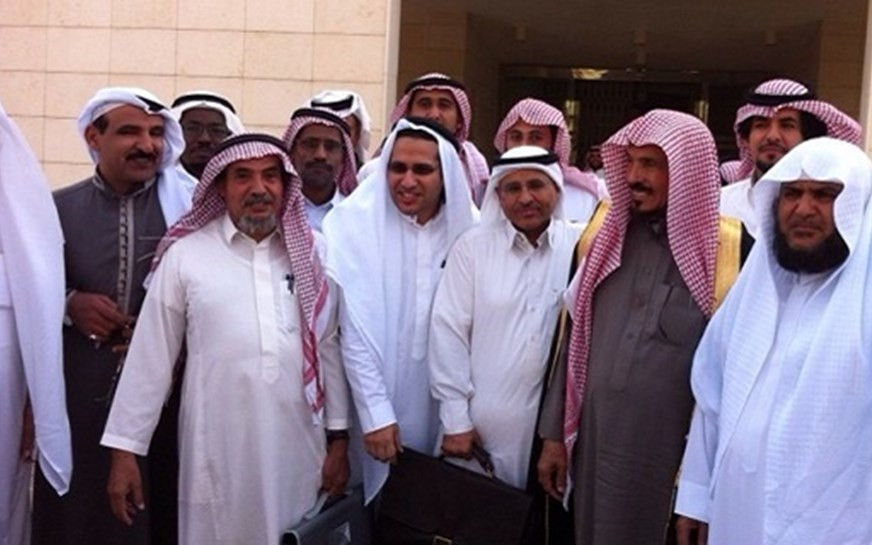In March 2013, the Saudi government forced the Saudi Arabian Civil and Political Rights Association (ACPRA) to close. ACPRA was a prominent human rights organization, and one of the few independent civil society organizations in the country. On 29 May 2016, the government’s Specialized Criminal Court (SCC) sentenced ACPRA’s last free co-founder, Abdulaziz al-Shubaily, to eight years in prison. Authorities had already sentenced all of the other co-founders and main members to long prison terms. Authorities’ persecution of ACPRA demonstrates the government’s disregard for the principles of free speech and association. Despite its stated commitment to the freedom of expression, the Saudi government has worked to suppress independent civil society groups and has clamped down on free expression.
A group of human rights activists formed ACPRA in 2009. It advocated for a government based on a constitution, the rule of law, segregation of powers, an independent judiciary, popular representation, and government accountability. It called for political reform, and condemned the Ministry of Interior (MoI) for committing rampant human rights abuses, such as torture and political repression. This formed the basis which led the government to order ACPRA to close.
Several laws allow Saudi authorities to suppress independent civil society organizations. The 2015 Law on Associations allows the government to police which organizations are founded, and which activities are legal. The 2014 anti-terror law grants the MoI wide-ranging powers of arrest and detention. It sets out a broad definition of terrorism and criminalizes a broad array of political dissent. The 2007 anti-cybercrime law allows authorities to prosecute individuals for exercising their rights to free expression and association. In the past, prosecutors have used it to cite tweets and computer messages as evidence of criminal activity.
The Saudi government has constructed a network of laws with which to prosecute civil society and human rights organizations. The Law on Associations, anti-terror law, and anti-cybercrime law criminalize expression and association deemed by the royal family and clerical establishment to be offensive, despite Saudi’s stated commitment to these human rights principles. Saudi Arabia should reform its national legislation, and these laws in particular, so as to reflect international human rights norms regarding free expression and free association.
Tyler Pry is the Sheikh Nimr al-Nimr Advocacy Fellow at ADHRB





